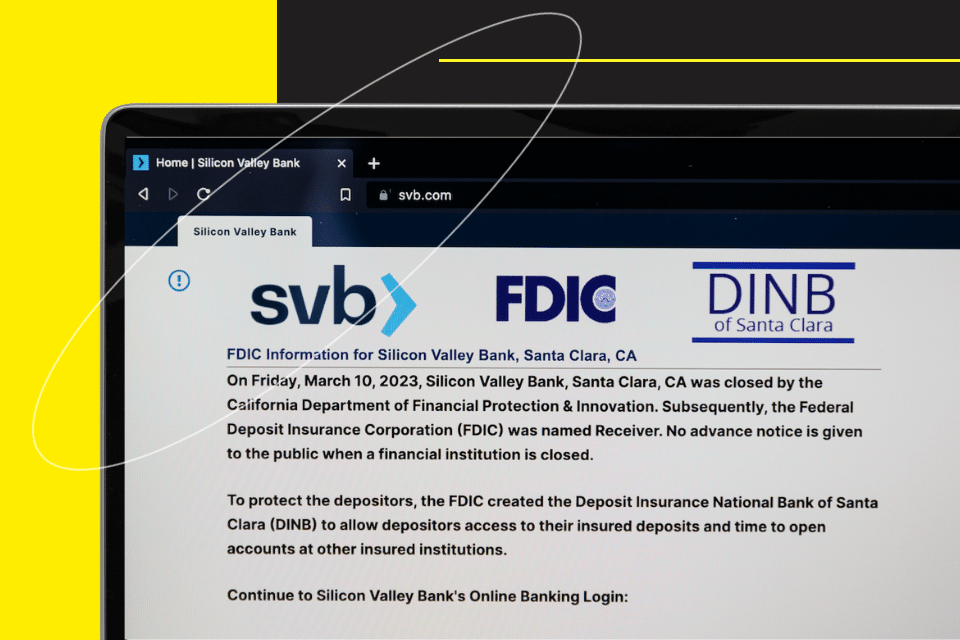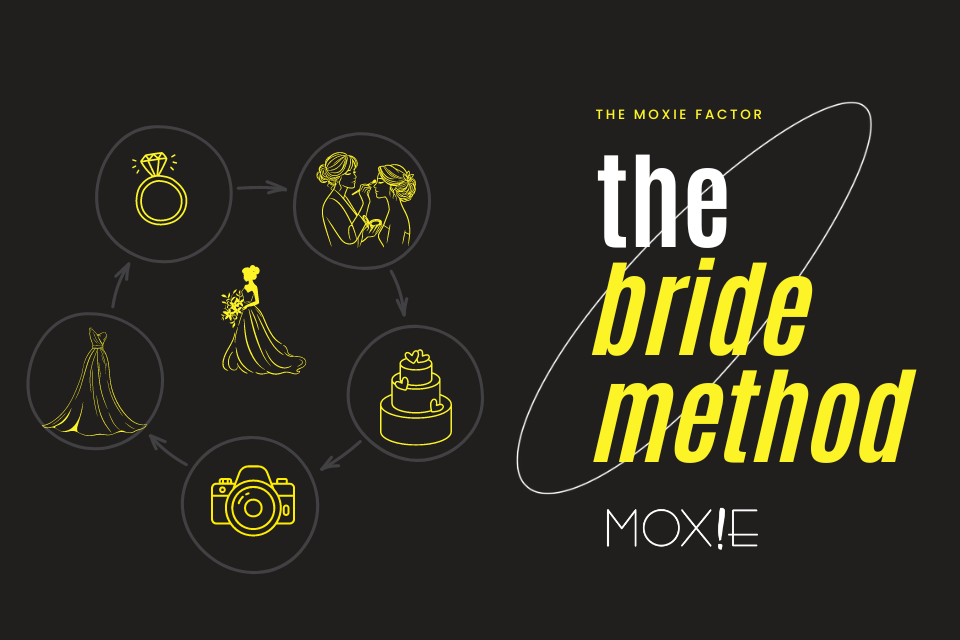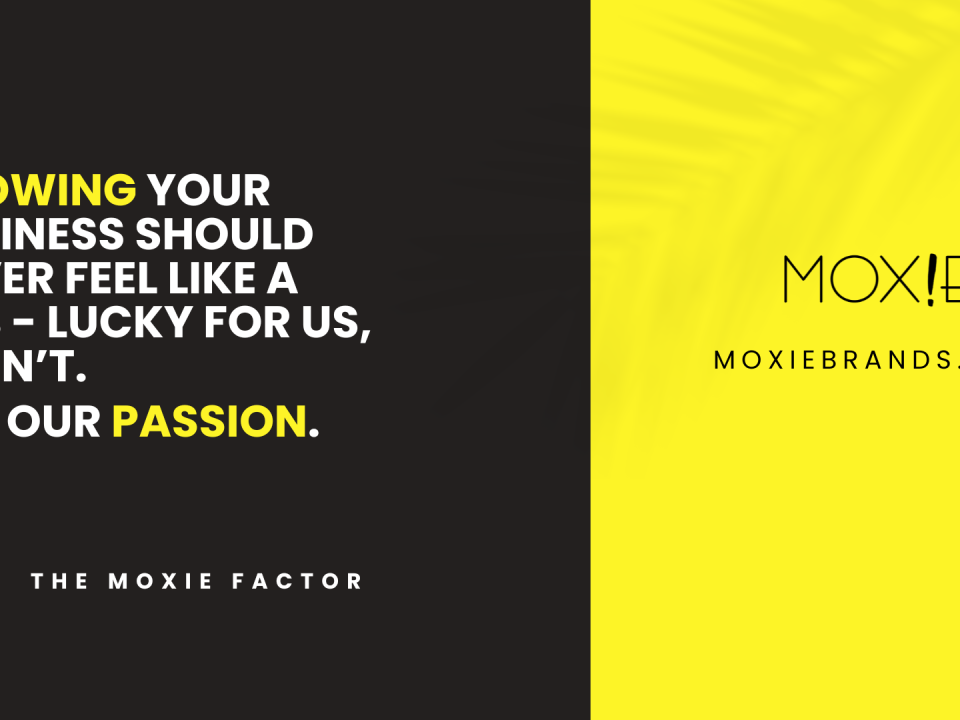How The Collapse of Sillicon Valley will Place Stress on the Advertising Industry

The Dinner Party Project Does Business
March 29, 2023
Sales and Marketing, Like Peanut Butter and Jelly
April 18, 2023SHOT OF MOXIE
Some quick facts:
One of the most prominent lenders in the world of technology start-ups collapsed on March 10, 2023, forcing the U.S. government to step in.
By the end of 2021, the Sillicon Valley Bank held $189.2 billion in deposits up from $102 billion in 2020 and $49 billion in 2018.
Its stock price roughly tripled from 2018 to 2021.
On average, banks with at least $1 billion in assets classified only 6 percent of their debt in this category at the end 2022. But Silicon Valley Bank put 75 percent of its debt as held to maturity, according to a research report by Janney Montgomery Scott. By classifying most of its debt this way, SVB was able to mask its brewing troubles longer than it otherwise would have been.
What this has us thinking about....
One of the biggest advantages of being a small business is the ability to connect with customers on a personal level. Now is your time to remember, that what "industry trends" are predicting and what big businesses is doing, doesn't have to have anything to do with you. In fact, it can inspire you to do the opposite.
For example?
While experts are predicting an upheaval in the advertising world, now is the time for small and mid sized companies to remember there's a lot more to an effective sales and marketing strategy than just advertising.
When a big brand relies on expensive ad campaigns, small businesses are building sales teams, forming strategic referral partnerships and leaning on social media and email marketing.
Focus on your strengths. Don't let the uncertainty of the world shake your confidence. Your shot of moxie here is to approach sales and marketing in a sustainable way.
During 2020 (and probably since then) many companies have had to pivot with the added pressure of covid. You may have been relying on short-term tactics like one-off promotions to bring in revenue.
But short term promotions are fixing a short term problem.
Now is the time for brands to be thinking about the future we're finding ourselves in. Be thinking about how consumer behaviors will change in the future.
The is where BRAND POSITIONING comes into play. And there's so much more to brand positioning than just advertising.
Having a strategy for the future is going to play a vital role for businesses.
Will the Advertising Industry Collapse?
The collapse of Silicon Valley Bank and Signature Bank has sent shockwaves through the ad industry, leaving publishers, ad tech firms, and advertisers all feeling the tremors. While some companies have stepped in to offer relief payments and early payouts, the long-term implications of the collapse are still being felt. Financial discipline is becoming increasingly important, but this caution could lead to a tightening of economies, which never bodes well for advertising. Nevertheless, as the industry adapts to the fallout, one thing is clear - the ad industry is in for a period of upheaval and uncertainty. But if there's one thing the industry is good at, it's adapting to change.
As the dust settles on the collapse of Silicon Valley Bank and Signature Bank, the ad industry is left wondering if this is the beginning of the end. The fallout from the banks’ demise has had far-reaching effects on the industry, with publishers, ad-tech firms, and advertisers all feeling the tremors.
In the aftermath of the collapse, unaffected companies have been stepping in to offer relief payments to publishers and paying out existing clients early. Supply-side tech companies Kargo and Adagio have also offered to pay their publishers early to help mitigate dislocations.
However, while the immediate panic may have subsided, the long-term implications of the collapse are still being felt. Cash flow concerns have led to a greater focus on liquidity in the supply chain, with ad executives now demanding quick access to cash.
The collapse of Silicon Valley Bank has also shaken confidence in the banking sector. Previously, few had considered the origin bank account of a customer or partner to be a risk vector, but now companies are doing more due diligence to understand the organizations of their customers across the banking sector. This shift in mindset is indicative of a wider change in the industry, with financial discipline becoming increasingly important. However, this could come at a steep price. Big banks have been overflowing with cash in the wake of Silicon Valley Bank, but they may become more cautious about how much they lend and to whom. This caution could lead to a tightening of economies, which never bodes well for advertising. Marketers, publishers, and ad tech execs remain wary of the fallout from Silicon Valley Bank, with concerns about the potential impact on funding for fledgling minority-led digital start-ups. Sequential liability clauses in ad contracts are also causing concern. If the company ahead of another in the flow of ad dollars doesn’t get paid, they don’t get paid. The pandemic made this all too clear for ad-tech bosses, and the collapse of Silicon Valley Bank has only heightened these concerns.
Publishers are now doing more due diligence on their vendors, with the weaker companies continuing to be weeded out from the supply chain. This has contributed to a more consolidated supply chain, with the collapse of Silicon Valley Bank adding to the ever-growing list of events causing this consolidation.
Ashwini Karandikar, EVP of media, tech and data at 4A’s, believes that the financial uncertainty and resulting volatility may result in a future slowdown in hiring or accelerated layoffs, particularly in the technology sector. He suggests that agencies should consider several precautionary measures moving forward, such as revisiting contracts and clauses with vendors, revisiting how they conduct due diligence with vendors, and ensuring that contracts and liability clauses have specific end dates. Karandikar emphasizes that it is critical for agencies to ensure that sequential liability is in place with all vendors.
Martin Sorrell, founder and executive chairman of S4 Capital, believes that the collapse of Silicon Valley Bank will place greater stress on the venture capital community to provide equity and loan capital. He believes that alternative sources of loan and equity funding will develop as a result, but acknowledges that the collapse of the bank has added to uncertainty and recessionary fears. Nevertheless, Sorrell believes that there will be no reduction of interest in investing in areas such as AI, copywriting, and media planning and buying.
Brian Wieser, principal at Madison and Wall, believes that the rapid action of the U.S. government to guarantee deposits likely limited the degree to which there might be any direct impact on sentiment among consumers and marketers in the U.S. However, he acknowledges that there could still be some risks that might yet play out, particularly with concerns around the financial system such as those seen this week with Credit Suisse. Nevertheless, Wieser does not believe that a “base case” assumption for how 2023 plays out should include negative consequences on the advertising industry because of these recent events.
Despite the long-term implications, it’s hard to predict the full impact of the collapse of Silicon Valley Bank and Signature Bank on the ad industry. However, it’s clear that the industry is facing a correction that was a long time coming.
In a fractional banking system, companies’ money is not really at the bank – it’s being loaned out to others for various lengths of time and doesn’t have to be returned until that period is up. When things go sideways and people rush to take all their money back from a bank, those same people are usually surprised to realize that it’s not actually there.
The collapse of Silicon Valley Bank was a harsh reminder of this reality. And while the industry may have weathered the storm this time, there’s a growing sense that confidence in banks is all relative.
As the industry continues to adapt to the fallout from the banks’ collapse, one thing is clear – the ad industry is in for a period of upheaval and uncertainty. However, if there’s one thing the industry is good at, it’s adapting to change. The coming months and years may be challenging, but the ad industry will likely emerge stronger and more resilient than ever before.
PUBLISHED BY ADOTAT: View Article




